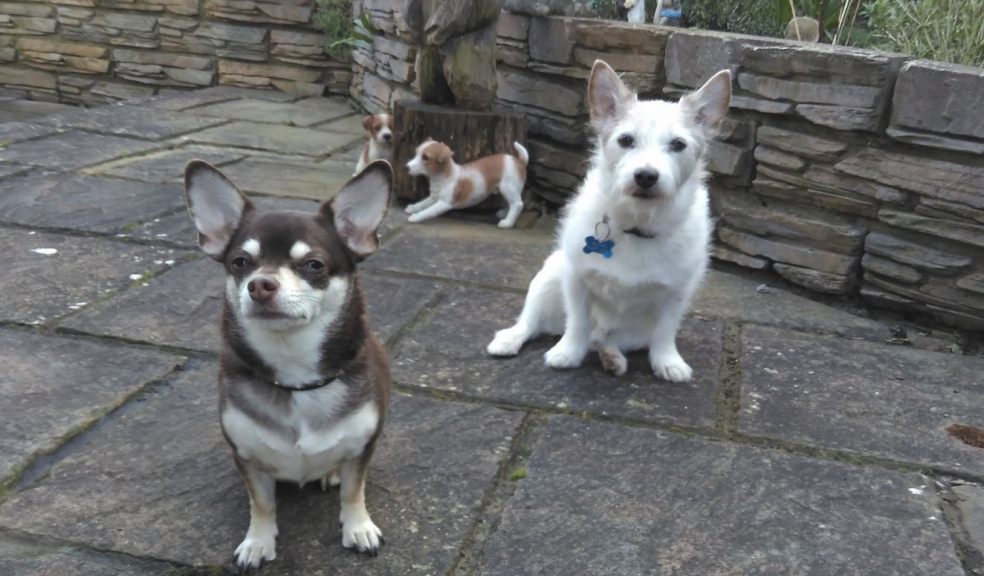
Who is looking after your dog?
For any responsible dog owner, peace of mind is a must when leaving a beloved pet in the care of others while on holiday or at work. But what many dog owners may not be aware of is that anyone looking after a pet in exchange for money, MUST be licensed by their local authority, even if it is only a small number of animals they care for. Similarly, anyone breeding dogs for cash, whose animals produce four or more litters in any calendar year must also be licensed.
Licensing ensures that dogs are taken really good care of, as the facilities and the care providers will have been inspected by the council’s Environmental Health team, before being issued with a licence. The owners of accommodation, whether it is home boarding or a traditional kennel, have to prove to the council’s officers that the premises are suitable, that the animals are provided with adequate food, drink and bedding, that they are regularly exercised and safeguarded in an emergency, and that they are protected from infectious diseases.
Dog owners should be aware that home boarders can only take in six dogs at any time, including their own dogs.
Home dog care and boarding providers must keep a detailed register of the animals in their care, including a description of all the animals they’ve kept, as well as their arrival and departure dates, and the name and addresses of their owners. This record needs to be available for inspection by a vet or a council officer.
The council will not issue a licence to anyone known to have committed any animal health or welfare offences, or to anyone who has been banned from keeping animals, including in a boarding kennel or cattery, or been banned from running a riding establishment or a pet shop.
The council issues two types of animal boarding licence:
- Animal boarding establishment licence – this is needed by anyone wanting to run a traditional kennel or cattery, and will involve their premises being inspected by a vet. The council may attach conditions to the licence, but will discuss them with the licensee. The licence needs to be renewed annually.
- Home boarding licence – this is required by anyone running a business that involves looking after a small number of animals in their own home. An officer from environmental health will inspect the premises and there may be conditions attached to the licence. The licence needs to be renewed annually.
East Devon District Council currently has around 30 premises that are licensed to home board dogs, as well as nine licensed dog boarding kennels and two licensed breeding premises. If you want to check whether a particular business is licensed , details are available from the Environmental Health Service, who can be contacted on: 01395 517456 or by email environmentalhealth@eastdevon.gov.uk
Janet Wallace, Principal Environmental Health Officer at East Devon District Council, said: “Our team of technical officers is keen to work closely with people providing dog care as a business, no matter how small. It is really important that anyone who provides dog care services is aware that they need a licence. This is to ensure that the dogs in their care are being looked after properly in a safe, warm, comfortable environment and not exposed to disease. These services are good for ensuring that some dogs are not left home alone all day, perhaps becoming stressed and causing nuisance to neighbours.
“Dog owners should also be aware that their dog must always wear a collar and tag when away from home, and ideally should be microchipped, too.”
Councillor Iain Chubb, Portfolio holder for the Environment at East Devon District Council, said: “At East Devon, we take the issue of dog welfare extremely seriously, which is why anyone looking to use a home dog boarding service for their pet, or looking to buy a puppy, should first make sure that the proprietor/breeder is licensed by the council. It is one of our priorities to encourage dog owners to use only licensed premises, to ensure the safety and health of their pet.”



















